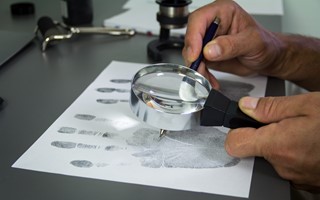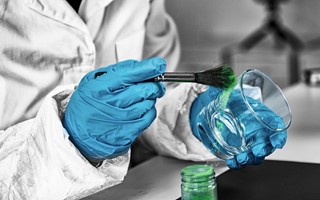News October 25, 2021
Toxicology reports can help put drug levels into context by explaining how a drug is metabolised, whether the level supports therapeutic use or could fall within a fatal range, and for how long a particular drug may be detectable in a blood or urine sample. Crucial results are then interpreted in context and with consideration of the circumstances surrounding the case.
In order to question the findings of a report, it is important to first consider the scope of the toxicology testing that has been undertaken.
Behavioural toxicology considers whether an individual is under the influence of alcohol or drugs at a specific time. This is most commonly used in the cases of road traffic accidents (RTAs), murder, assault, sexual offence suspects, and sexual assault complainants.
Important considerations for these case types include:
- Can comment be made about the effect of such substance at an earlier time
- Can we ‘back-calculate’ to the time of the incident
- Can we consider how time interval has affected the detected drug concentrations
Post-mortem toxicology, however, looks at whether drugs or alcohol have either caused or contributed to death. If a person dies in sudden and/or suspicious circumstances, a pathologist will often send samples to a toxicologist to help determine the cause of death or state of mind.
Important considerations for this case type includes:
- Was the person under the influence of alcohol or drugs at the time of their death
- Have alcohol or drugs affected their behaviour and judgement or death – was their death accidental or suicidal
- Do the post-mortem toxicology results actually represent the situation at the time of death
In either case type, the toxicology report may try to answer the following questions:
- What drugs were present in the victim and/or the suspect
- What are the effects of each substance or mix of substances at the relevant time
- What are the mental and physical effects of these levels
- Could the substances have affected the victim’s ability to defend themselves
- What are the effects on memory
- What are the effects of not taking required drugs – medical opinion
- In-death investigation: concentrations – therapeutic/greater than therapeutic/toxic effects/could cause death
Questions for the defence to consider:
- Is the prosecution work appropriate and has it been carried out correctly
- Is the scope of the work sufficient to address all aspects of relevance
- Is the interpretation thorough and correct
- Should samples be re-tested, considering the benefits and pitfalls of this approach
- Was the case strategy and choice of samples appropriate given the case circumstances e.g. long term intervals and samples not submitted
- Was the analytical technique appropriate
- Is the level of detection adequate
- Sensitivity – would low levels of a substance be detected? This could be important with long time intervals
- Have duplicate samples been tested where possible
- Are sample checks within spec.
- Are the blanks negative
- Has contamination been ruled out
What are the limitations of toxicology reports?
Toxicology reports are not able to determine exactly how much of a drug was taken/ingested, or determine exactly when a drug was taken or ingested.
In addition to this, toxicology reports are not able to determine exactly how one specific individual had been affected by drugs at any given time.
Determining the effects of alcohol on a person at a given blood alcohol concentration will be dependent on their tolerance. Moreover, interpretations of the effects of alcohol on any one person is subjective.
Forensic toxicologists are also unable to state whether or not a drug has caused death. Because of this, two expert reports may be required.
Forensic Toxicology Expertise
Forensic Access boasts a world-class team of forensic scientists operating in bespoke facilities. All forensic work is carried out to the highest quality standards, which is especially important when working with toxicological evidence.
All defence work is handled by dedicate Casework Managers who provide end-to-end support and streamlining. Direct access to our team of scientists helps barristers and solicitors to prepare a more effective defence strategy, and all expert witness reports are thoroughly documented and reviewed.
To find out more about our forensic services Tel: 01235 605794 to speak with a member of our team or fill-in our online contact form.


